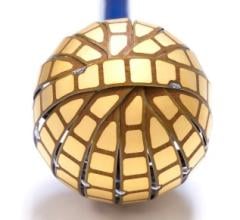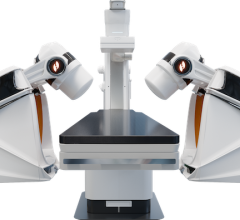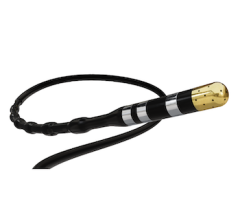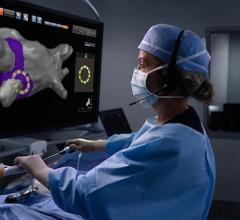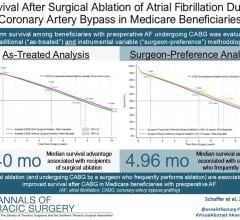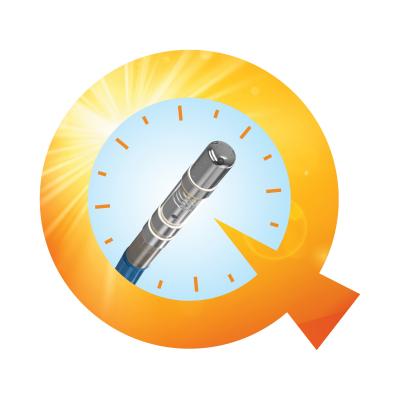
May 16, 2019 — Johnson & Johnson Medical Devices Companies announced that Biosense Webster, Inc.’s QDot Micro catheter demonstrated safety and efficacy in achieving pulmonary vein isolation in patients with symptomatic drug-refractory paroxysmal atrial fibrillation (AF).
Procedure and fluoroscopy times were also reported to be shorter than ablation with conventional catheters. Reducing use of fluoroscopy alleviates the burden of lead for physicians and staff, and reduces exposure to radiation for patients.
These findings from QDOT-FAST, the first in-human multicenter study of the device, were published in JACC: Clinical Electrophysiology and presented at Heart Rhythm 2019, the Heart Rhythm Society's (HRS) 40th Annual Heart Rhythm Scientific Sessions, May 8-11 in San Francisco. Results were presented by Vivek Y. Reddy, M.D., director of cardiac arrhythmia services for The Mount Sinai Hospital and the Mount Sinai Health System and the Helmsley Trust Professor of Medicine in Cardiac Electrophysiology at Icahn School of Medicine at Mount Sinai in New York. The study was funded by Biosense Webster.
QDOT MICRO, a novel catheter that facilitates high power-short duration radiofrequency (RF) ablation and is only available for investigational use in the U.S. and Europe, is the first irrigated contact force catheter to deliver up to 90 watts of RF power in up to four seconds in a temperature-controlled ablation mode. The current practice of RF ablation with irrigated catheters involves the delivery of moderate power (20 to 40 watts) for a relatively long duration (20 to 40 seconds).[1]
In the three-month multicenter prospective study, researchers reported pulmonary vein isolation (PVI) was successful in all 52 paroxysmal AF patients treated with a total average procedure time of 105.2 minutes. PVI was achieved in 44.3 minutes, and most fluoroscopy times were between 2.5 and 5.7 minutes. Primary adverse events occurred in 3.8 percent of patients (1 pseudoaneurysm, 1 asymptomatic thromboembolism) and one non-serious adverse event (esophageal ulcer) was device/procedure-related.
“The results are very promising and may lead to better patient outcomes and improved procedural efficiencies, including short overall procedure and fluoroscopy times,” said Reddy, a study co-author. “Additional prospective studies are needed to assess for the durability of the lesion set and long-term freedom from recurrent atrial arrhythmias.”
In addition to the QDOT-FAST Study, Biosense Webster is also currently enrolling and treating patients in a U.S. Investigational Device Exemption (IDE) study of QDot Micro.
An estimated 33 million people worldwide have been diagnosed with AF and its prevalence is projected to increase significantly as the population ages.[2] Approximately 70 percent of patients with AF are between the ages of 65 and 85.[3]
For more information: www.biosensewebster.com
References
[1] http://electrophysiology.onlinejacc.org/content/early/2018/02/02/j.jacep.2017.11.018
[2] European Heart Journal, Volume 37, Issue 38, 7 October 2016, Pages 2893–2962, https://doi.org/10.1093/eurheartj/ehw210
[3] Amin A, Houmsse A, Ishola A, Tyler J, Houmsse M. The current approach of atrial fibrillation management. Avicenna J Med. 2016 Jan-Mar; 6(1): 8–16.

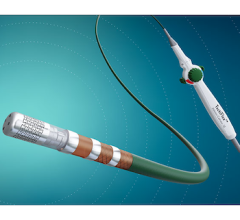
 January 22, 2026
January 22, 2026 
